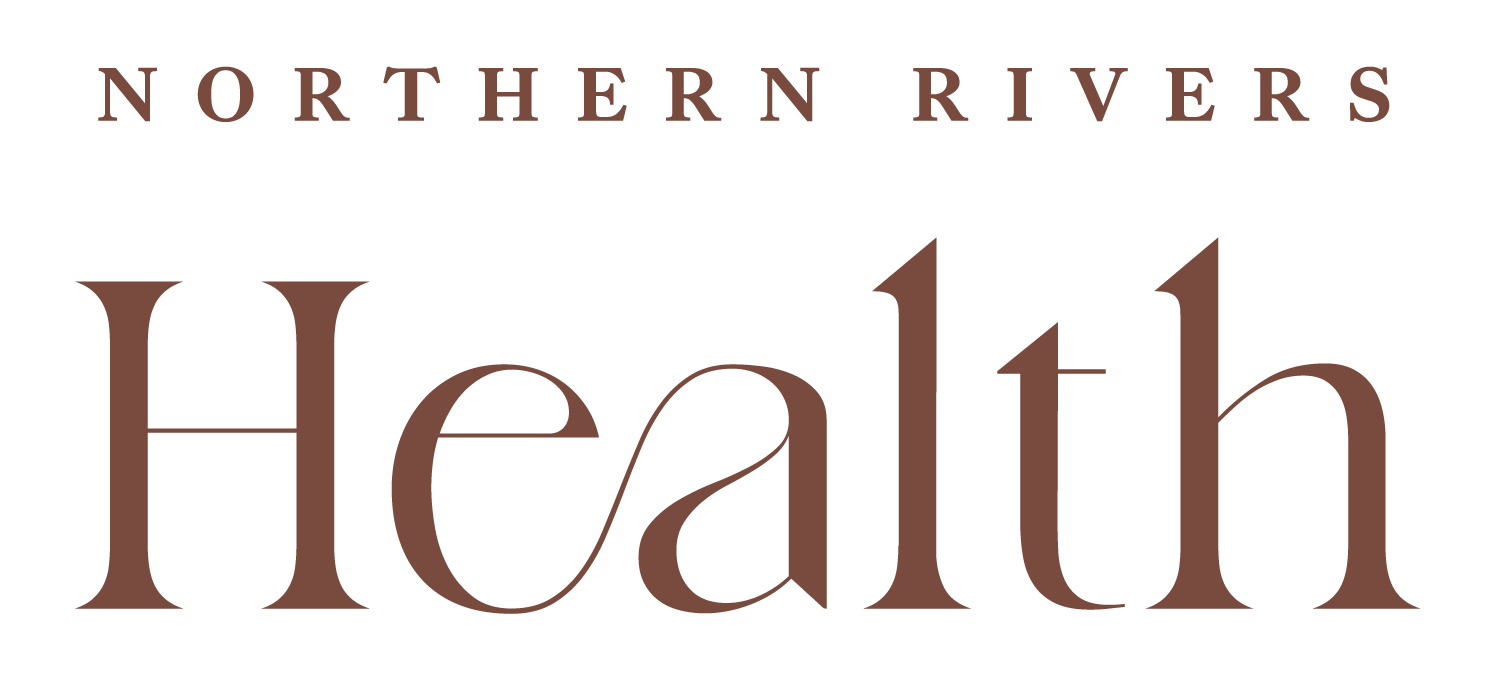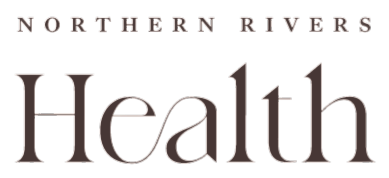Myotherapy is a form of manual therapy which uses evidence-based assessment, treatment and rehabilitation techniques to treat neuromusculoskeletal (nerve, muscle and joint) pain and dysfunction. Myotherapists use an integrative approach to treatment, to discover and treat the cause of a clients’ pain, and to also identify and address any contributing factors.
We identify the signs and symptoms of conditions which may be contributing to your pain, to best understand you, your health history and your needs. Additionally, identifying if you could benefit from treatment of other modalities, providing a holistic approach to client care and treatment. Our therapists use a wide range of assessment and treatment techniques in order to deliver accurate and effective treatment to all clients. Applying more hands-on techniques such as myofascial release/cupping, joint mobilisations, nerve manipulation, trigger point therapy, and dry needling or electrotherapeutic dry needling. They also have a strong focus on corrective/rehabilitative exercise prescription and education to ensure you as the client have an understanding of the mechanisms behind your presenting condition, and can work on preventing any future injuries.
The ratio of assessment to treatment time is greater for Myotherapy, as a thorough assessment leads to more effective, accurate and efficient treatment. Each consultation will begin with a comprehensive health history screening and a detailed postural, joint, movement and pain assessment, where applicable. From here, relevant special tests may be carried out and also functional tests to assess the impact your pain/condition has on the physical demands of your daily living and functional needs.
The aim of your initial appointment will be to alleviate pain and identify the structures or movement dysfunction needing to be addressed in order to restore the body back to optimal function. From here practitioners will develop an on-going treatment plan which typically consists of corrective exercises to assist in preventing re-occurrence of injury. Follow-up sessions may be requested where the practitioner can further monitor your progress and adjust any exercises that have been prescribed. As described by Endeavour College.


